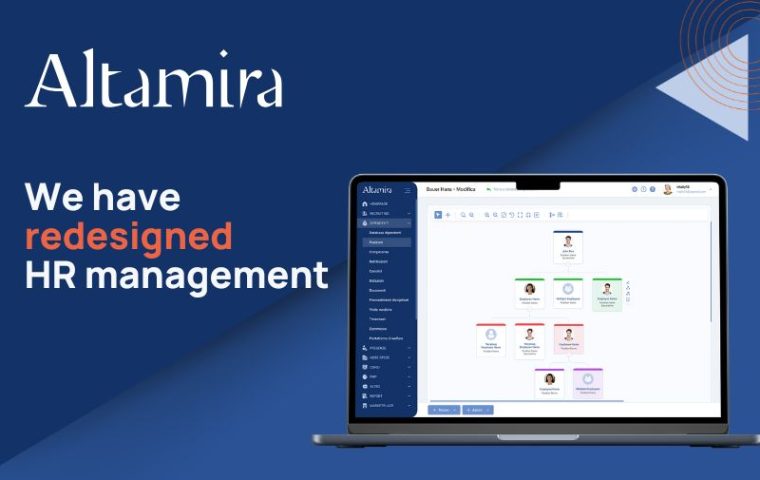Since May 14, 2019, companies have one more reason to implement an attendance system.
A recent decision by the European Court of Justice ruled that the member states must require that employers use an objective, reliable and accessible system for recording the daily hours worked by each employee.
From the Spanish National High Court to the Court of Justice of the European Union
It all started with a lawsuit filed by a Spanish trade union against a bank which is part of the Deutsche Bank Group (a case that we have covered in detail in an article on our Spanish-language blog), which concerned the failure to acknowledge the overtime worked by employees (a big problem in Spain, where almost 53.7% of overtime is not being recorded).
After the Spanish court, the EU Court of Justice also ruled in favor of the plaintiffs, emphasizing the fundamental right of every worker to a maximum limit to the number of hours worked and to periods of daily and weekly rest, as already enshrined in the Charter of Fundamental Rights of the European Union.
The ruling does nothing more than reiterate principles that have always been fundamental for the European Union, which sees workers as the weaker party in the employment relationship.
For a long time now the EU has established, with Directive 2003/88, a number of provisions which state, among other things, that:
- the average of the total time worked for each 7-day period must not exceed 48 hours, including overtime;
- each worker must have a rest period of 11 consecutive hours during each 24-hour period.
Since the only reliable way to ensure compliance with these requirements is to determine the number of hours worked by each worker in a clear, objective, accessible and reliable manner, the Court ruled that any national legislation which does not require companies to record working hours is insufficient.
As on other occasions, it will now be the responsibility of individual member states to take the concrete steps necessary to accomplish this aim, while taking into account various specific factors tied, for instance, to the sector of activity and the size of each company.
Conclusions
With this decision, the EU Court ruled that instruments such as controls by labor inspectors, emails and other testimony of various kinds are insufficient to protect workers’ rights.
What is needed instead is transparent and interactive systems which must be able to track the number of hours worked and when these took place, as well as the number of additional hours worked beyond the normal working hours.
Therefore, European companies will have to adopt a modern system of attendance management such as Altamira Attendance, which, in addition to guaranteeing that the workers’ rights are being respected, will also bring increased efficiency and a reduced workload for management and the HR office.














